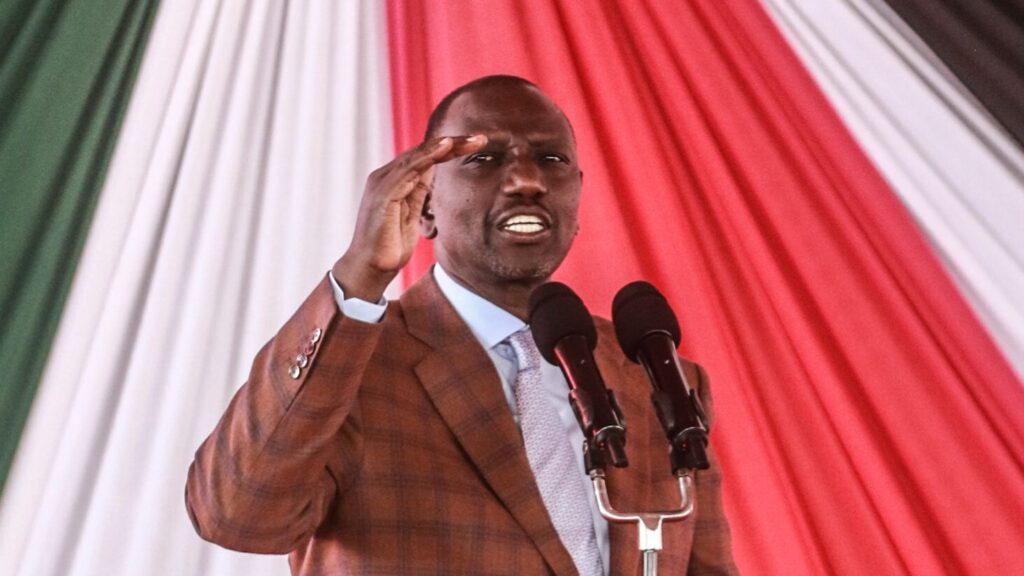The High Court has declined to suspend President William Ruto’s panel on protest victims’ compensation, instead directing that the matter be heard in full next month.
In a ruling delivered by Justice Chacha Mwita, the petitioners challenging the legality of the panel were ordered to serve court papers on President Ruto, the Attorney General, Interior Cabinet Secretary, Treasury Cabinet Secretary, and Professor Makau Mutua, who chairs the 18-member team. The respondents have seven days to file their responses, after which the petitioners will have a further seven days to reply. Justice Mwita fixed the hearing for Wednesday, September 24.
The ruling comes a day after four activists, led by Dr. Magare Gikenyi, filed a petition arguing that the President had exceeded his constitutional mandate by forming the panel. They contend that Article 134 of the Constitution restricts presidential powers and does not grant authority to create a body tasked with compensation, reparations, or cohesion.
The petitioners further described Ruto’s appointments as unconstitutional, saying the panel was established through “imaginary mirage powers” not recognized in law. They also criticized the proclamation for failing to outline the panel’s duration despite taxpayer funding, questioning the logic of the executive compensating victims while courts already exist to handle such matters.
Specifically, the activists sought conservatory orders suspending the panel or, alternatively, barring it from conducting any activities, including compiling reports, issuing recommendations, or implementing findings.
President Ruto announced the framework for protest victims’ compensation on August 8, citing the need to address grievances from demonstrations dating back to 2017. His move came amid growing public concern over injuries, deaths, and losses suffered during nationwide protests.
On August 25, the appointments were formally gazetted, naming Prof. Makau Mutua, Ruto’s advisor on Constitutional Affairs and Human Rights, as chair. Law Society of Kenya President Faith Odhiambo was appointed vice-chair, alongside 16 other members drawn from civil society, government, and human rights organizations.
The case is likely to set the stage for a legal showdown over the scope of presidential powers, accountability in public appointments, and the role of independent institutions in providing redress for victims of state-linked violence.

